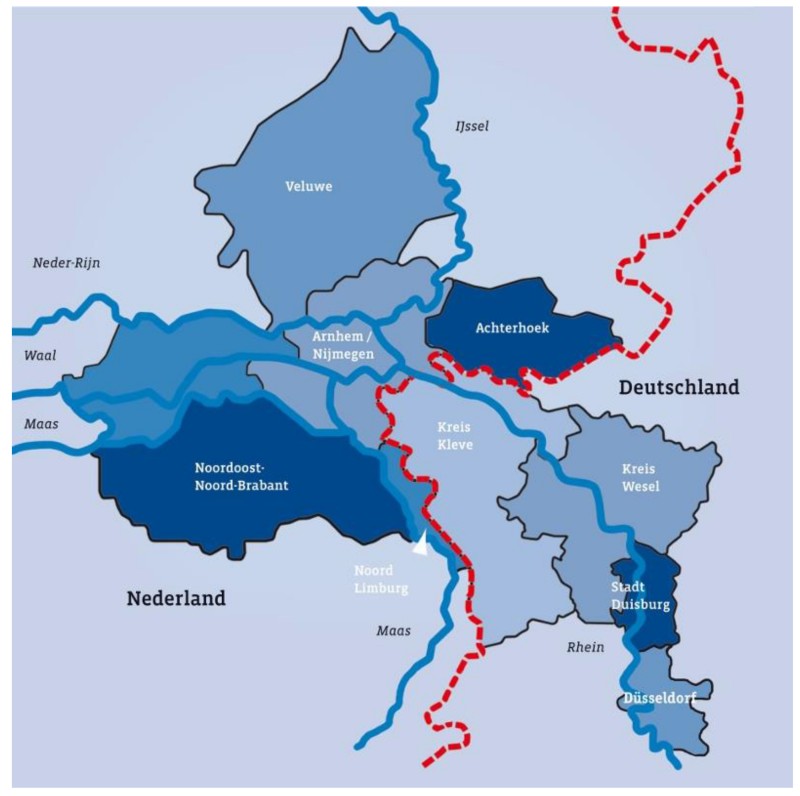News Details

In a new paper in Sustainability, KLI fellow Marina Knickel and her coauthors investigate the role of academic institutions and innovation brokers for interregional innovation cooperation, especially in the context of efforts by the European Union (EU) to promote long-term cross-border interactions (including the activities as part the INTERREG program, but also beyond it).
Regions can develop long-term competitive advantage through well-functioning cooperations, yet cooperation related to innovation is more challenging in a cross-border context. Mere geographical proximity is not enough. While border regions are proximate to each other in a geographical sense, they may significantly differ in their institutional structures, knowledge and technological capacity, political priorities and cultural identities.
This study focuses on the role of academic institutions and innovation brokers to help promote innovation among small and medium-sized agri-food enterprises (SMEs). SMEs do drive regional economic development, yet they tend to lack the necessary resources and capacity to innovate solely on their own. Therefore, they often resort to other businesses, academic institutions and innovation brokers to compensate for insufficient in-house resources.
Academic institutions and innovation brokers also have a role to play in promoting the emergence of a cross-border innovation space. Studying the Dutch-German cross-border region Euregio Rhein-Waal, the authors identified similarities and differences in how academic institutions and innovation brokers in each of the border regions support innovation in agri-food SMEs. Most interestingly, they found that it is the differences that allow cross-fertilization. They argue that acknowledging the differences, and, more importantly, valorizing them - hybridization as they describe it - can help to enhance cross-border cooperation and innovation impact.
What are the consequences of their work for current and future EU collaboration schemes? To date, only limited traits of an ideal-type cross-border innovation space and of hybridization are present in the Euregio Rhein-Waal. Opportunities for a better utilization of complementary strengths are hardly recognized by regional innovation actors, let alone their strategic use in cross-border cooperation. Recognizing how differences can matter can help strengthen future EU INTERREG programs and territorial agendas.
Publication:
Knickel M, Neuberger S, Klerkx L, et al (2021) Strengthening the role of academic institutions and innovation brokers in agri-food innovation: towards hybridisation in cross-border cooperation. Sustainability 13:4899. https://doi.org/10.3390/su1309489

